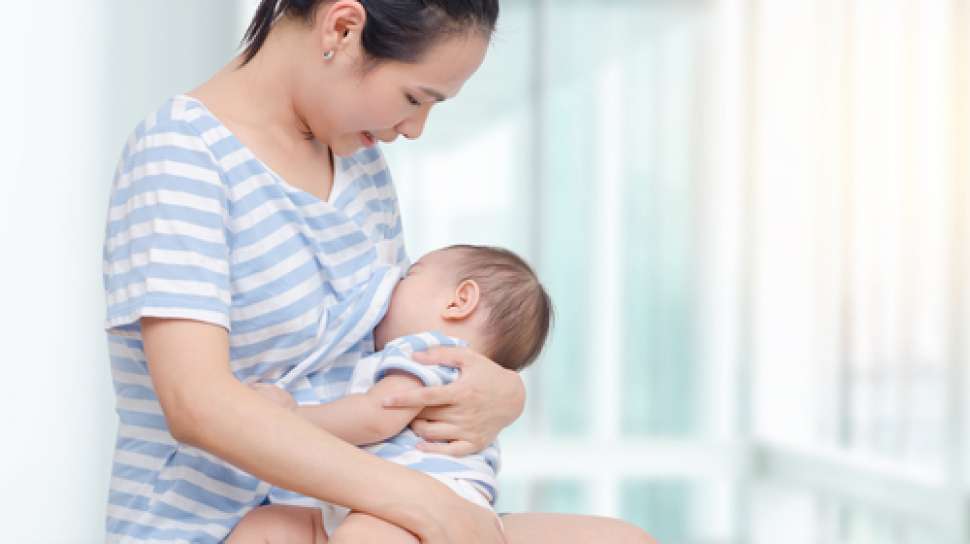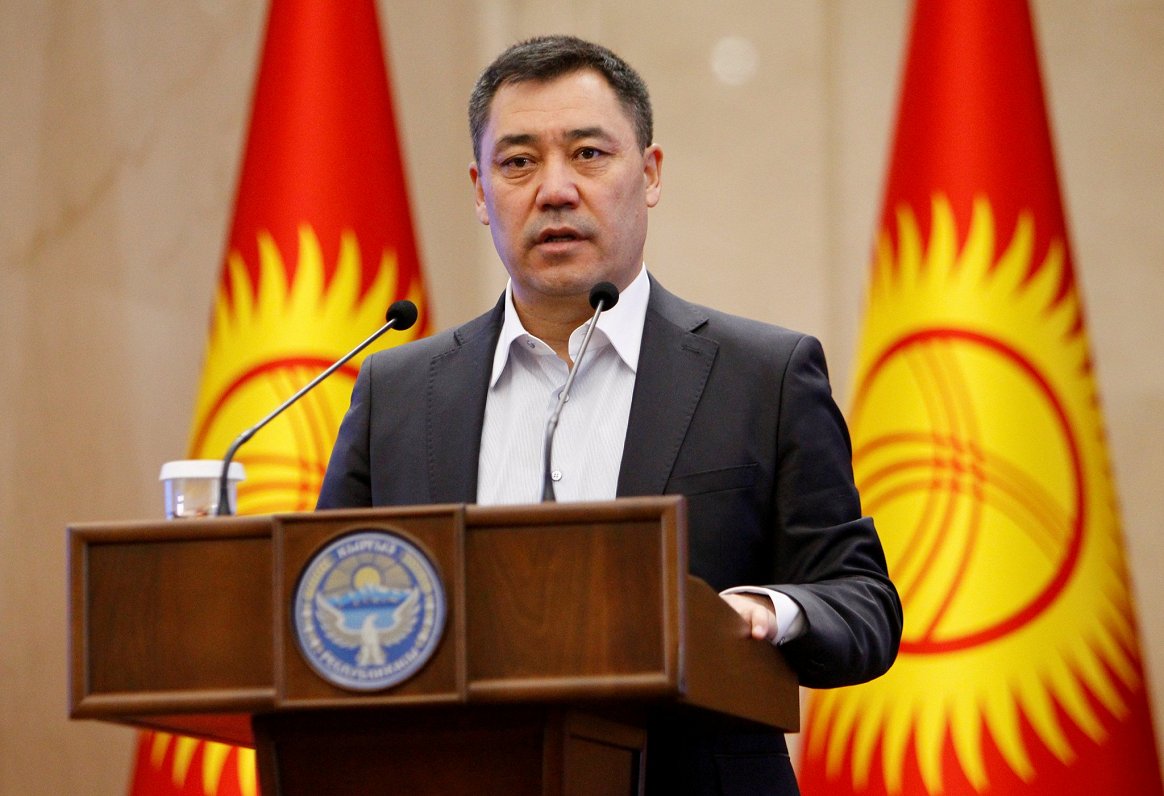Suara.com – In the middle of a pandemic corona virus like this, of course almost every parent is more careful with the health of the child, especially if the baby is still a baby. Parents will do anything to protect their babies from Covid-19 infection.
Departing from this, several parents in the United States searched ABOUT which contains Covid-19 antibodies to give to their babies. Either through the mother in the community or online.
Indeed, research shows mothers who have been vaccinated or who have been infected with Covid-19 will develop corona virus antibodies in their breast milk.
However, it is not clear how effective these antibodies are in preventing Covid-19 in babies, how much breast milk they can provide protection, and how long the protection will last.
Also Read:
New Hope, HIV Vaccine Trials Successfully Stimulate Rare Antibodies
Sharing breastmilk outside the ASI bank can also be risky. On the other hand, most babies do not become infected with Covid-19 as easily as adults, nor are they likely to get sick when infected.
Even so, some parents say in the absence of an approved vaccine for young children, using breast milk is a risk worth taking.
“If there is a way I can do to offer a level of protection for my child, I want to try it,” said Courtney Carson, mother of four-month-old in Brooklyn, USA. Insider.
Early in the pandemic, research shows mothers who have had Covid-19 can transmit protective antibodies in the womb and through breast milk.
Study author Rebecca Powell said of her more recent research, which has not yet been published in the journal peer-review, indicating protection appears to last up to 10 months.
Also Read:
Recent Studies Call Covid-19 Antibodies Formed in Breastfeeding Mothers’ Breastfeeding
“We found that these antibodies were really long lasting, and this is amazing,” said Powell, assistant professor of medicine and infectious diseases at Mount Sinai’s Icahn School of Medicine.
But much remains to be learned about how strong and long-lasting the protection vaccines provide in infants, as well as whether one vaccine is better for breastfeeding mothers.
– .


